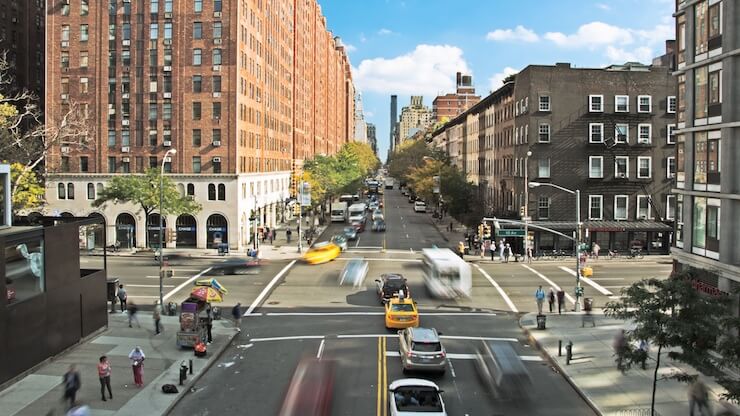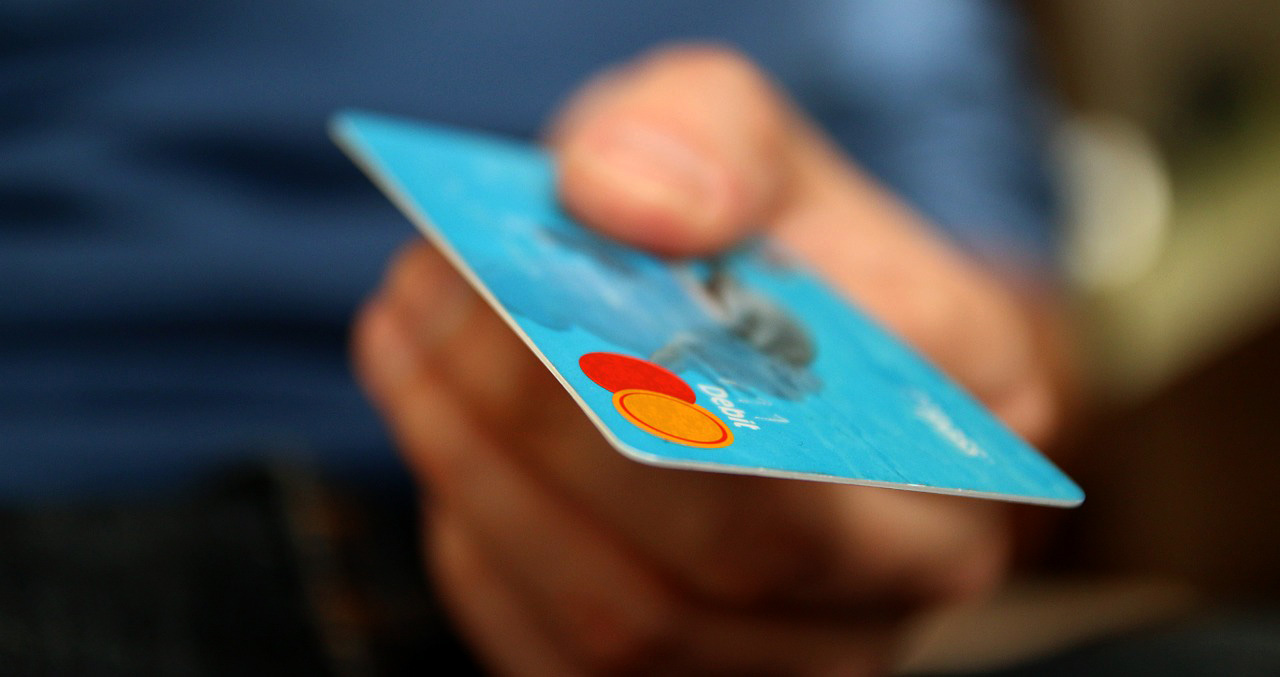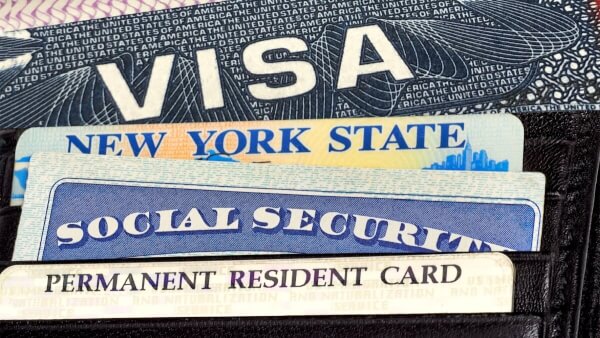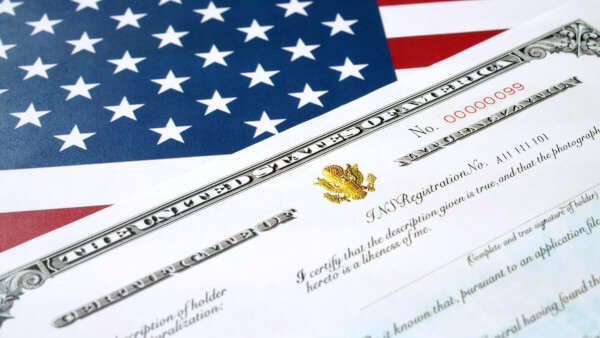Transferring your international driver's license to the US: step-by-step
Your full guide to updating your foreign driver's license to the US.

Making the move from Slovakia to the U.S. can introduce a variety of new customs and practices that you might not be used to, ranging from food, sports, and even public transportation (or lack thereof, depending on the city!)
Here are a few tricks of the trade to make a smooth transition in adapting to and flourishing with your new life in the U.S.:

Americans tend to use the term “friend” much more liberally, and use it to describe a simple acquaintance or someone they happen to know.
Don’t be surprised when your newly acquainted neighbor or work colleague throws you into their “friend” word group. Slovak culture draws a fine line between describing someone as your friend, co-worker, relative, or friend-of a friend. So, expect to find yourself to be addressed as the “friend” by the person who works a couple desks down from you.

There’s no denying the facts – Americans drive more overall, whether it is on their daily commute to work, the grocery, or dropping their kids off at school.
Compared to the United States, many European cities were not built with automobiles as the number one priority in mind. While walking and public transportation usage especially in major cities is still very common, having a car and driving as a mode of getting from one place to the next might be your best bet.

In America, sports are especially common at the high school and college level.
American sports culture is built from an early age, ranging from popular high school athletics, to mascots, and especially tailgaiting, a popular practice in the U.S. where fans will eat, drink and party in the parking lot of the stadium, usually cooking up delicious grilled meats and cold beverages, all off the back of your car. The popularity of college and university sports also attracts an extensive fan base, that is not nearly as familiar in Europe.
America's favorite sports are basketball, baseball (considered the nation's 'past time'), and especially American football. If your city's favorite professional team for example, achieved anything less than that first place spot, or the championship trophy, then the reactions are most certainly going to be gloomy and glum. It might back the notion that America is indeed the most competitive country in the world.

With almost 50% of Slovakia’s population living in more rural areas, adapting to the “hustle and bustle” in many U.S. cities might be a culture shock in a variety of ways, but can be tackled going in with the right knowledge.
Traditionally, Slovaks are used to a more private lifestyle compared to the much more public way of living in America. Expressive religious or political vehicle bumper stickers and signs in front of houses are quite common especially in U.S. cities, and don’t be surprised if a stranger spontaneously greets you on the street or in a market with a friendly “hello” or “how are you doing?”

Consumer prices statically are 59% higher in the U.S. than in Slovakia, so it is crucial to stay levelheaded financially.
Many banks allow you to open an account in-person simply with a U.S. tax ID number. Watch out for some of those extra “ATM” fees to be tacked on however!
Save up to 8x when sending money overseas. Unlike banks, with Wise you don't pay a mark-up in the exchange rate when your money is converted into another currency. And you'll save even more by avoiding the international Swift fees and the intermediary banks, when you send and receive money abroad.
Check here how much you'd pay with Wise.
It's cheap, fast, and you know exactly how much you pay and how much reaches the destination. With no unpleasant surprises.
*Please see terms of use and product availability for your region or visit Wise fees and pricing for the most up to date pricing and fee information.
This publication is provided for general information purposes and does not constitute legal, tax or other professional advice from Wise Payments Limited or its subsidiaries and its affiliates, and it is not intended as a substitute for obtaining advice from a financial advisor or any other professional.
We make no representations, warranties or guarantees, whether expressed or implied, that the content in the publication is accurate, complete or up to date.

Your full guide to updating your foreign driver's license to the US.

Whatever your reason is for moving to the US, this guide aims to help you figure out the most important costs you'll face when you live there.

Find all you need to know about getting a personal loan for H-1B visa holders in this guide.

Everything you need to know about the US certificate of naturalization.

The US welcomes large numbers of new arrivals every year — and getting a great job to both gain experience and set down roots is a core part of the American...

Find everything you need to know about the US citizenship test, including the USCIS questions and answers.